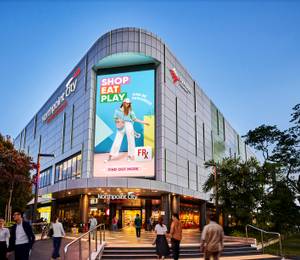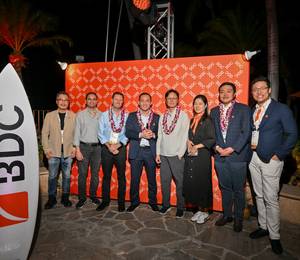Suzhou, China – A world-leading exhibition in Europe is providing the stage for students at Xi’an Jiaotong-Liverpool University to dream big and create futuristic living spaces, exploring the theme of courtyard gardens.
XJTLU was the sole educational institution chosen to include work in the China Pavilion of the prestigious Venice Architecture Biennale 2021 titled ‘How will we live together?’ and open from 22 May to 21 November this year in Venice, Italy.
“Given that our international University’s home city of Suzhou, China, has an unparalleled collection of historic ‘Yuan’er’ courtyard gardens, it is fitting that our students have been invited to share futuristic work drawing on their concept,” said Richard Hay, Associate Professor in the Department of Architecture in XJTLU’s Design School.
Hay, the coordinator and curator of XJTLU’s work at the Venice Architecture Biennale, described the event as an opportunity for architects and designers from all over the world to present and showcase their work – either built, unbuilt or theoretical – in a mixture of physical and immersive digital experiences.
“This is a unique chance for architecture, industrial design and other XJTLU students to showcase their talents and let the international community know who we are,” Hay said, “I’m really pleased with the great support and response from our students and tutors.”
Various countries from around the world are displaying projects in pavilions in Venice’s Giardini and Arsenale. Projects in the China Pavilion, including the XJTLU students’ work, explore the “Yuan’er” theme. Yuan’ers are China’s courtyards that date back centuries and are world-renowned both as places of beauty and reservoirs of cultural meaning, said Hay.
“The Yuan’er theme fits under the overall Venice Architecture Biennale’s theme of ‘How will we live together?’ in which architects are asked to consider how people with different viewpoints and from different economic strata can harmoniously co-exist,” he said.
Hay added that the concept of these courtyard gardens, around which cities were built, provides students with the opportunity to create provocative digital images of newly imagined courtyards.











